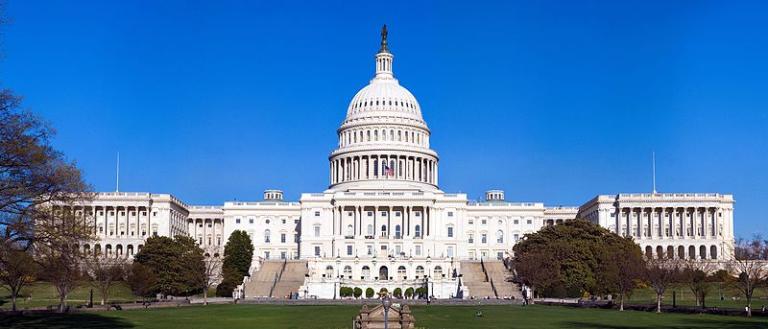
I really didn’t want to post another item about Judge Kavanaugh and his accusers for at least a day or two — if, indeed, I ever posted anything on the subject again at all. But this is, potentially, a hugely important development in the Kavanaugh case, so I’m calling it to your notice in case you’ve missed it:
***
Shazaaam! Who woulda thunk it?
“Schumer: ‘There Is No Presumption of Innocence’ for Kavanaugh”
***
This, from Nolo’s Plain-English Law Dictionary, is well worth considering:
“presumption of innocence”
One of the most sacred principles in the American criminal justice system, holding that a defendant is innocent until proven guilty. In other words, the prosecution must prove, beyond a reasonable doubt, each essential element of the crime charged.
And then this:
“Losing the Presumption of Innocence”
***
A thoughtful piece, relevant to the headlines and well worth reading:
“Real Answers to Fake News from Greek Historians”
***
I realize that a Senate Judiciary Committee hearing on the nomination of a candidate for the federal judiciary is not a criminal trial. (It shouldn’t be, anyway!) It’s not even a civil trial. Still, the principles that have grown up over the centuries in legal and judicial circles embody a great deal of human wisdom and are helpful and appropriate in many other areas of contention and dispute. Here is one of those principles, as taken from the legal dictionary at Law.com:
preponderance of the evidence
n. the greater weight of the evidence required in a civil (non-criminal) lawsuit for the trier of fact (jury or judge without a jury) to decide in favor of one side or the other. This preponderance is based on the more convincing evidence and its probable truth or accuracy, and not on the amount of evidence. Thus, one clearly knowledgeable witness may provide a preponderance of evidence over a dozen witnesses with hazy testimony, or a signed agreement with definite terms may outweigh opinions or speculation about what the parties intended. Preponderance of the evidence is required in a civil case and is contrasted with “beyond a reasonable doubt,” which is the more severe test of evidence required to convict in a criminal trial. No matter what the definition stated in various legal opinions, the meaning is somewhat subjective.
I don’t think that anybody — short, perhaps, of Senator Mazie Hirono (D-HI) — can seriously maintain that, as I write, Brett Kavanaugh’s guilt has been proven “beyond reasonable doubt.” But has it even been established by “the preponderance of the evidence”? If so, what evidence?










